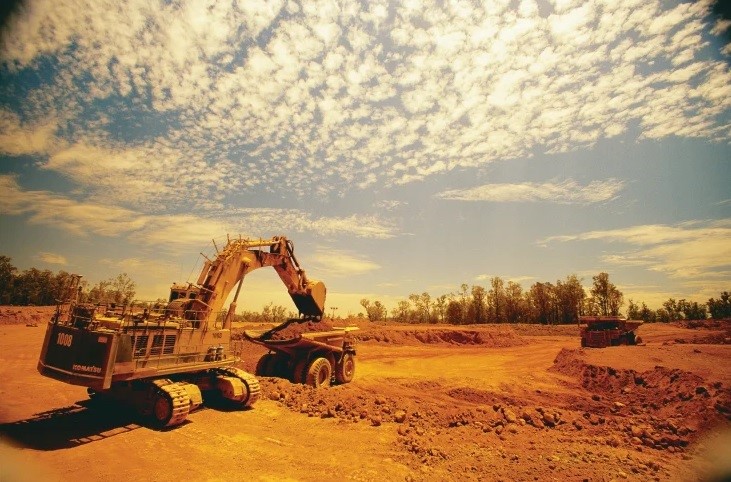

Alumina Limited has endorsed Alcoa's bauxite mining, which Premier Mark McGowan has cautioned must not jeopardise Perth's water supply. Alumina Limited chair Peter Day said that the business, which controls 40 per cent of Alcoa's Australian operations, was aware of community expectations about rehabilitating the jarrah forest it mined in the southwest of Western Australia (WA).
According to Alumina CEO Mike Ferraro, 75 per cent of the woodland removed by Alcoa has been restored. On the other hand, Alcoa lists land as rehabilitated after the first 12 months of landscaping and sowing rather than when the completion conditions are completed. Ferraro, who has managed Alumina for six years, said that Alcoa's activities in Western Australia (WA) had created considerable revenue and dividends for shareholders over the long period.
{alcircleadd}
Day said at the company's annual general meeting in Melbourne on Monday that Alcoa was considering new mining laws with the WA government. When asked about a severe erosion of Alcoa's social licence in Western Australia due to its activities in water catchments, the chair blamed it on recent media attention.
"Unfortunately, there has been a lot of reporting that needs to be addressed, and I think in time Alcoa of Australia will be able to comment on that publicly. I don't accept that we have not achieved the government's requirements, we have in fact, achieved a number of certificates of completion," added Day.

Since February, many concerns about Alcoa's mining in Western Australia's northern Jarrah forests were talked about, including the fact that large areas near Serpentine Dam cleared for mining risked significant sediment runoff, rendering the water unfit for human consumption until costly water treatment facilities were built.
In April, WA Premier Mark McGowan, a staunch supporter of the state's mining industry, said that Alcoa needed to persuade WA regulators "which are very, very cautious" that water supplies from the multiple dams around its mining would be impacted. Alumina CEO Mike Ferraro said that two significant infrastructure developments, including roads, conveyors, and crushers, in the last 11 years resulted in more forest being removed than repaired.
A DBCA spokesperson noted in March that Alcoa received certifications for two parcels of the property returned to the state government in 2005 and 2007 but did not imply that all rehabilitation completion requirements had been satisfied. Day said that failing to satisfy the WA government's restoration standards would not be in Alumina or Alcoa's best interests.
Responses








